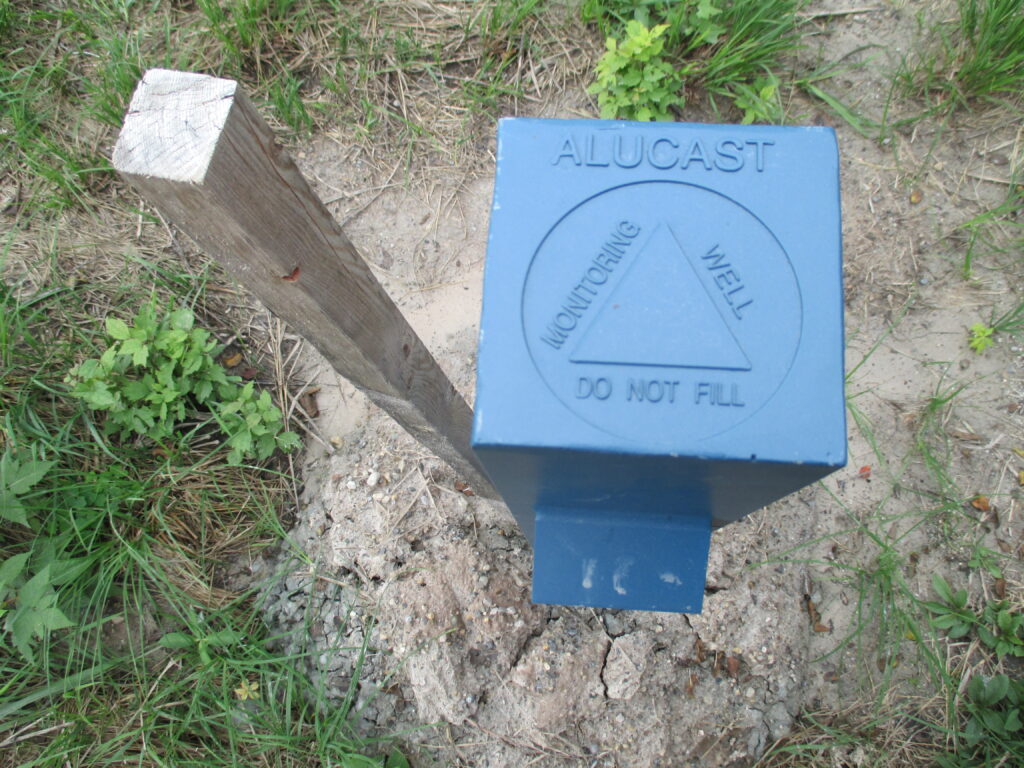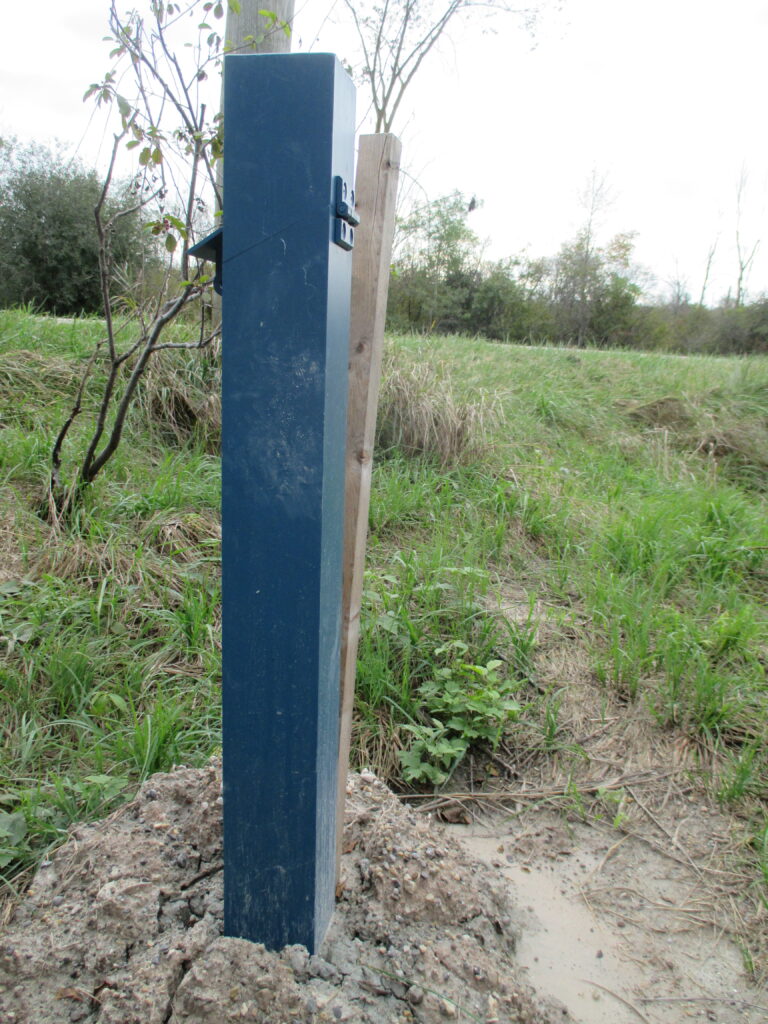Groundwater Study
- Hydrogeological studies and groundwater assessment have been undertaken to establish the existing conditions of the Study Area.
- Private water well surveys will continue throughout construction and following construction to monitor levels and water quality as a precautionary practice during construction.
- The water well surveys includes measurement of the groundwater level; volume and recovery rates and testing the general drinking water quality parameters where permission to perform tests is granted.
Key Findings
- 2 major aquifers were identified within the Study Area; the shallow overburden and deep bedrock aquifer.
- Potable water within the Study Area is dependent on private well water and no municipal supply wells are located within the Study Area.
- A portion of the Project is located within a Provincially Significant Wetland which could present a shallow groundwater condition.
- The groundwater within the Study Area is considered to have a low to medium vulnerability for contamination from the ground surface.
Table of Contents
Did you know?
A pre-construction door-to-door water well survey was undertaken in 2018 and 2019 to identify baseline groundwater conditions (groundwater level, volume, recovery rate and general drinking water sampling parameters) within the Study Area. The information from the 2018-2019 water well survey will be used to monitor wells throughout and following construction. The well monitoring program will be continued as per Ministry of Transportation's Guidelines for Drinking Well Water Sampling and Testing in Ministry of Transportation Activities (2004), and as per Ministry of the Environment, Conservation and Parks' Conditions of Approval.
Potential Impacts
- Increase in surface water runoff and decreased water infiltration to subsurface.
- Contamination of groundwater supplying water wells due to introduction of contaminants such as road salt; fuel spills and fertilizers.
- Damage to nearby wells due to construction.
- Temporary or permanent change of groundwater levels and flow patterns.
Mitigation Measures
- A stormwater management plan will be designed and implemented to reduce runoff volume.
- Best practices for spill avoidance and response will be implemented during construction.
- Application of commercial fertilizers for re-planting will be minimized throughout construction.
- Road salt application will be used efficiently and effectively in accordance with Ministry of Transportation’s salt management plan and approved road maintenance strategies to ensure highway safety with an appropriate level of road salt in winter maintenance operations.
- A monitoring program will be developed to monitor and mitigate potential impacts to water wells within the Study Area.
- Dewatering practices will be carried out as per Ministry of Transportation standards and in accordance with Ontario Regulation 387/04 (and Ontario Regulation 63/16).
- Groundwater monitoring wells no longer in use or unregistered water wells on Ministry of Transportation’s property will be properly decommissioned to avoid potential contamination of underlying aquifers.


